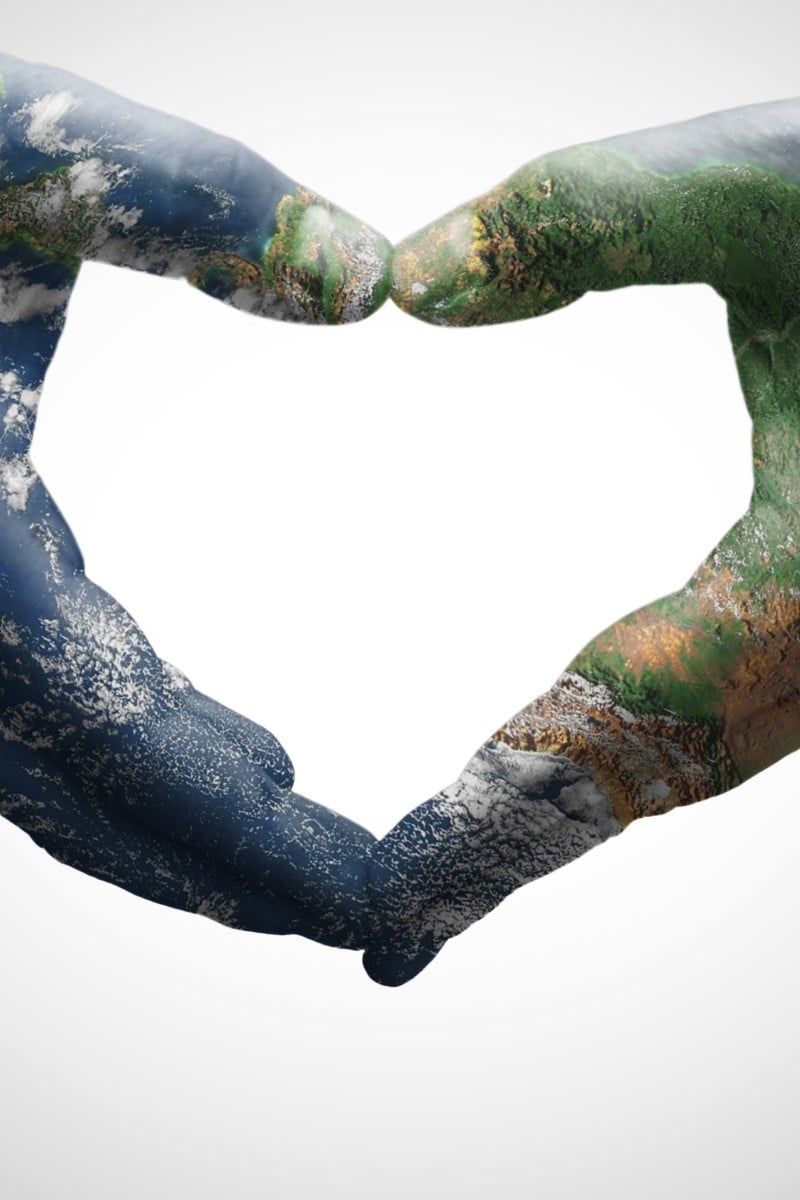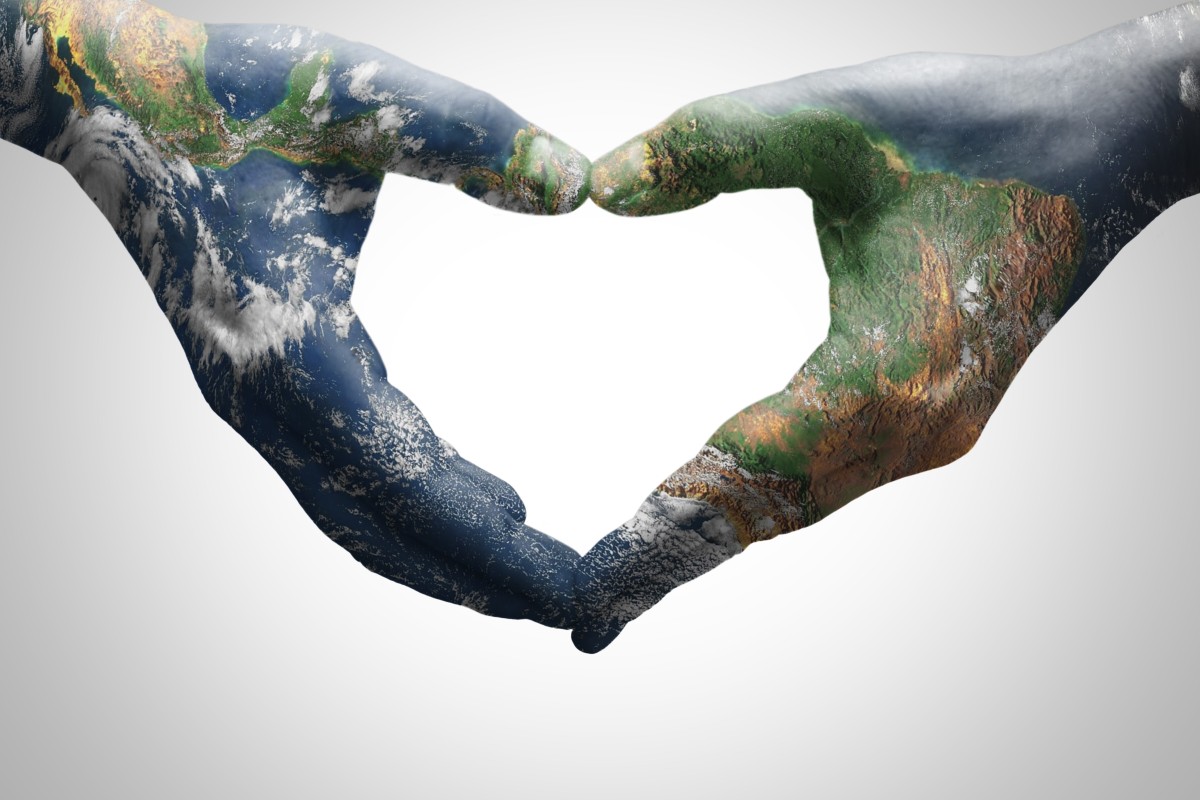
Harvard Book Prize Essay Award 2020: Haofeng Jack Xiang
- This is the first runner-up of the 2020 Harvard Book Prize Essay Award
- The essay prompt was ‘Reflect on what it means to lead an ethical life that respects the world’s magnificent biodiversity. How should we view our everyday actions from what we eat to how we power the planet as being central to leading an ethical life over the next 50 to 100 years?’
 Our carbon footprint is each our own responsibilities.
Our carbon footprint is each our own responsibilities.This essay has not been edited by Young Post.
Flip on the light switch. Unplug the phone. Turn on the microwave. Boot up the computer.
Without thought, I start off every day unconsciously gobbling electricity. When half the world starts t
heir day the same way, the environment takes a heavy toll. However, this is simply the way of life for half of the world. But does it have to be this way?
Individually, there isn’t much I can do if I am the sole person taking action. But individuals make up society, and if every individual maintains the, ‘What can I do?” attitude, the environment will not be saved. After all, it is a collective effort: if the environment dies, we die. The big decisions are not under my control, but I can choose the metro over taxi; I can choose to only turn on the lights when I need them. Most importantly, I can start with small steps, which overtime transcends into bigger and more impactful actions like not using electricity from unrenewable sources.
More choices! Hamburgers. Double cheeseburgers. Quarter pounders. But unlike the unconscious flipping of electricity, decisions about eating are conscious choices. 54% of the world’s CO2 agricultural emissions derive from animal rumination. Obviously a shift toward a diet of sustainable food makes sense. And -- it’s within my power. But many people, myself included, find a total shift away from meat difficult. However, change doesn’t happen overnight, and the concept of the process also applies here as people are encouraged to gradually consume less meat for the sake of the planet. It is something simple and completely choice-based, and a solid stepping stone to bigger actions that benefit the environment. So with that in mind, I think to myself, “I’ll be a flexitarian.” Beans, vegetables, fruits, and yes, some meat, is manageable.
The urgency of taking action is not unfounded. Scientist Stephen Hawking warned that if climate change continues the Earth will develop Venus-like weather systems. The UN suggests countries take “drastic actions” to avoid “irreversible damage.” One such action is carbon taxing - a drastic policy that places responsibility on choices and leaves room for gradual changes.
Similarly, biologist E. O .Wilson promotes the Half-Earth Project, which designates half the planet’s land and sea to be human free, thus preserving biodiversity.
Living an environmentally ethical life doesn’t necessarily mean out with the old, in with the new. It means compromise. It means adjustment. Not just for me, but for everyone. Chinese President Xi says that saving the environment is a “shared mission of humanity.” Committing more to the environment becomes collective survival, starting with changing our individual choices. I can change 10% of my electricity use and 10% of my dietary consumption. Then, if I can influence just 10% of the people I deal with, and each of those people, in turn, does the same, the prosperous biodiversity that we so long for will be achieved and sustained. But there is no “we” without “me”.
My carbon footprint is my responsibility.